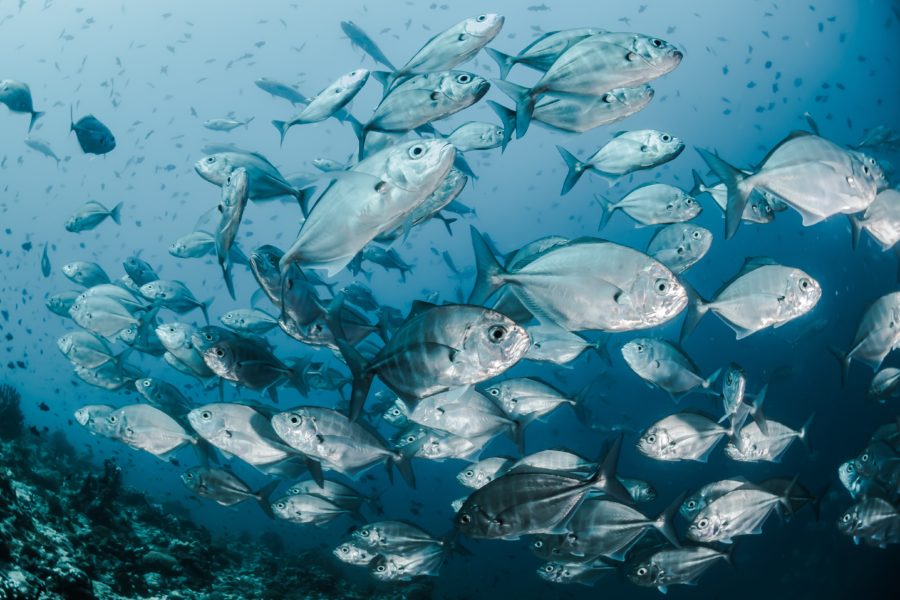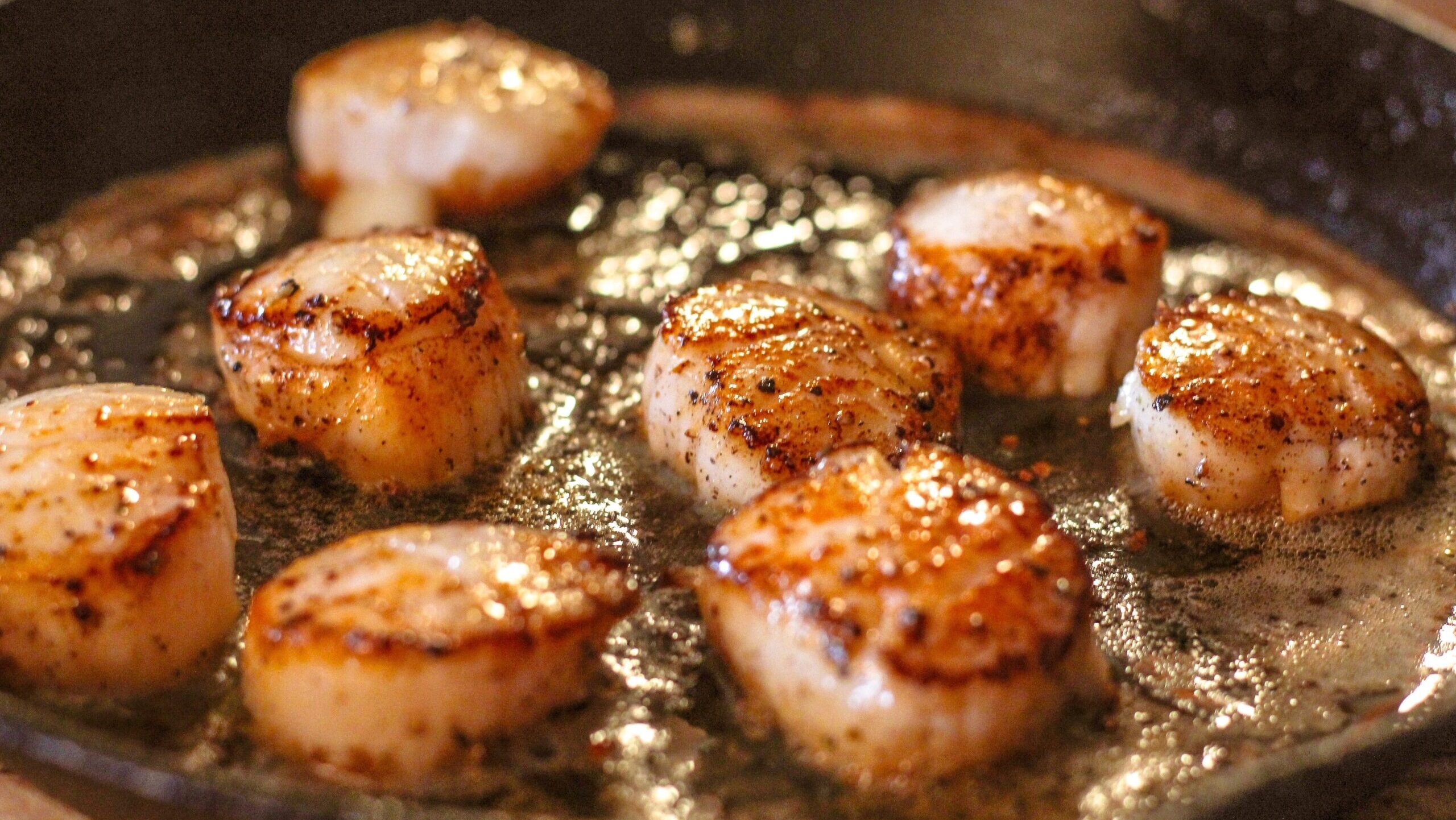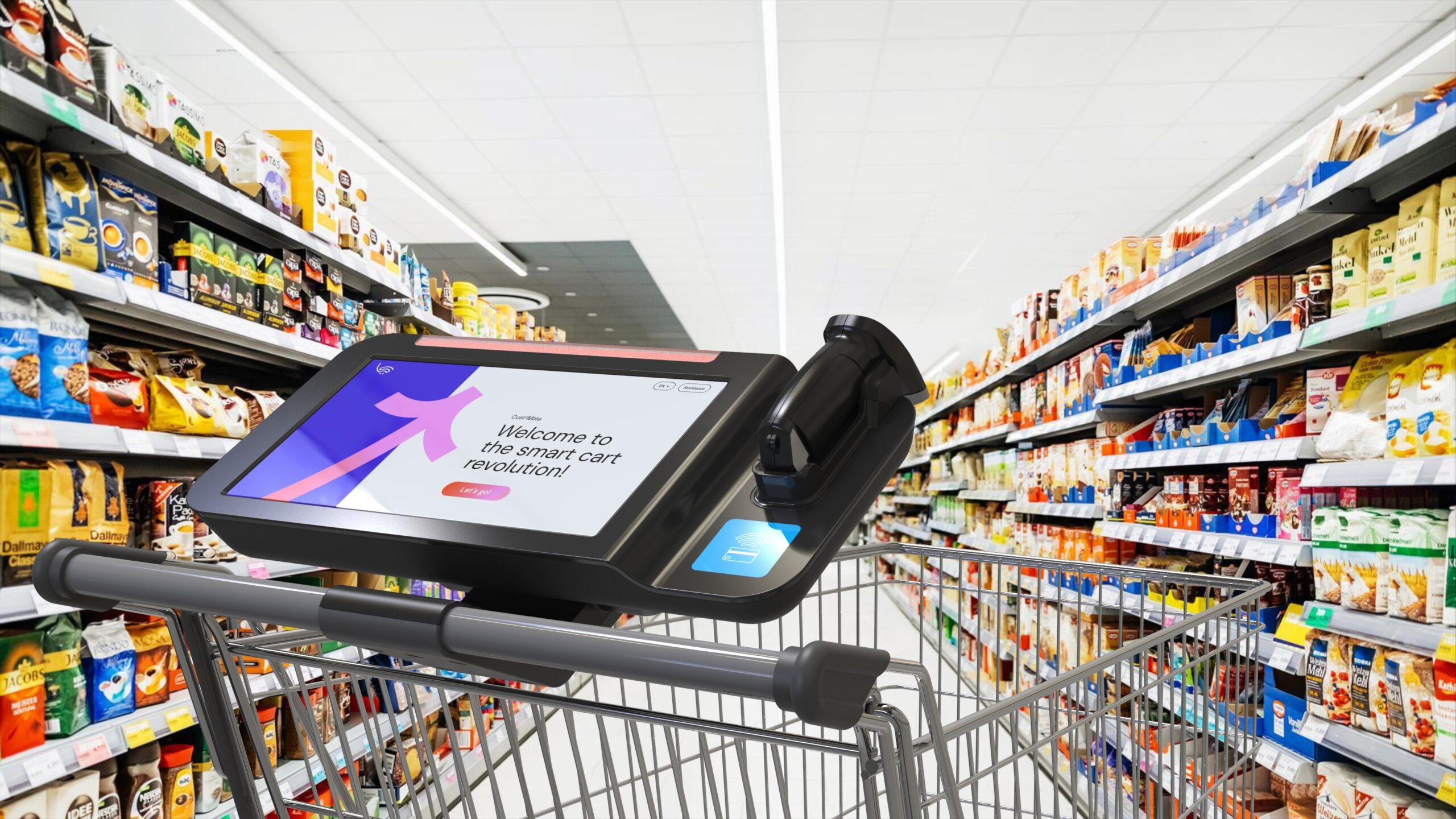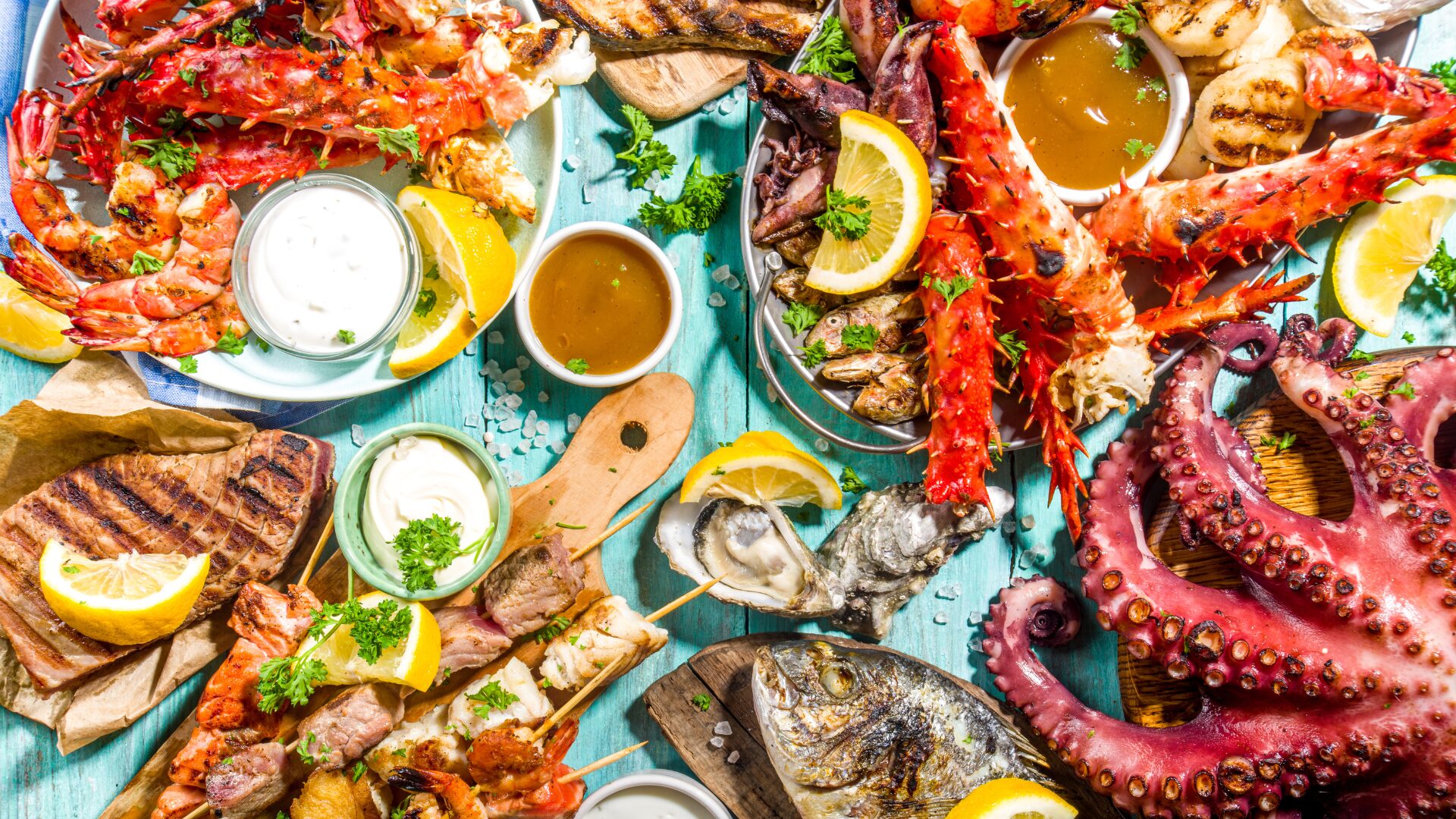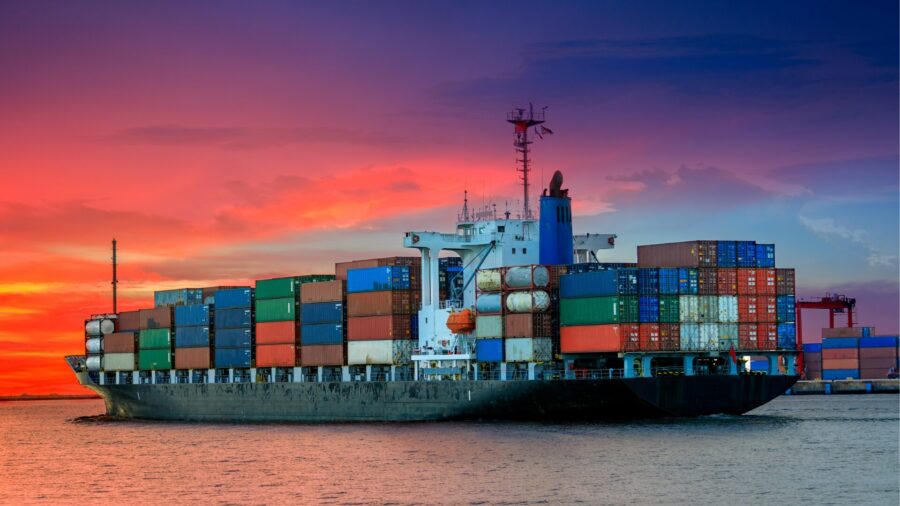An influx of imports, plus work forces being affected by the pandemic, are causing backlogs at major U.S. seafood ports leaving stranded containers of frozen fish on ships and docks.
Freezers in key port cities are filling up, while higher costs are making their way through the supply chain, pushing up seafood prices, reported The Wall Street Journal (Feb. 25). This comes after a year in which seafood sales were up 28.4%—exceeding sales growth of the produce, meat, and deli departments, according to FMI’s 2021 Power of Seafood report.
High demand, coupled with the backlogs and a closure of one of the nation’s largest seafood suppliers, is making for a difficult start to 2021 for the industry.
SUPPLIERS IN TROUBLE FOR LENT
The import troubles have come at an inopportune time, coinciding with Lent, a time when many Christians abstain from meat and Americans eat more seafood during any other time of year.
For Boston-based seafood supplier Slade Gorton & Co., importers have had containers of seafood stuck at ports for up to three weeks, with related shortage charges eating up profit in days, according to CEO Kim Gorton. At Thai Union Group PCL’s Chicken of the Sea, the logjams are adding 30 cents per pound to much of the fish handled in its frozen-foods division.
If these disruptions continue, export-related costs for seafood companies are on track to be 20 times higher than last year, according to the National Fisheries Institute. Charges to ship a container from Shanghai to Los Angeles have more than doubled from pre-pandemic levels to $4,000, found Dutch lender Rabobank.
Higher costs are hitting consumers and U.S. restaurants, too. For the four weeks ending Jan. 23, the average price per seafood item in grocery stores rose more than 13% from a year earlier, with frozen fish up more than 6%, according to Nielsen. At restaurants such as Long John Silver’s LLC, higher seafood prices have increased its commodity costs by 5% this year over last.
TRIDENT SEAFOOD CLOSURE
On top of the growing supply chain issues, Trident Seafoods, one of the nation’s seafood companies, recently closed its plant in Akutan, Alaska, for nearly a month due to a fast-spreading coronavirus outbreak. The plant is the largest seafood processing facility in North America, as noted by The Seattle Times.
Four COVID-19 cases first reported by the company in mid-January expanded, causing more than 40% of 706 workers to ultimately test positive. Currently, there are just two positive cases at the plant. To deal with supply disruptions, Trident has drawn on its 90-day inventory of frozen fish to fill customer orders and shifted processing operations to other plants.
However, just as the company was recovering from the outbreak, it was faced with fire damage. The company’s Aleutian Falcon floating processor ship caught fire last Wednesday and was declared a total loss. The 233-foot vessel was docked at the Port of Tacoma, Washington, reported 670 KDLG-AM (Feb. 18).


